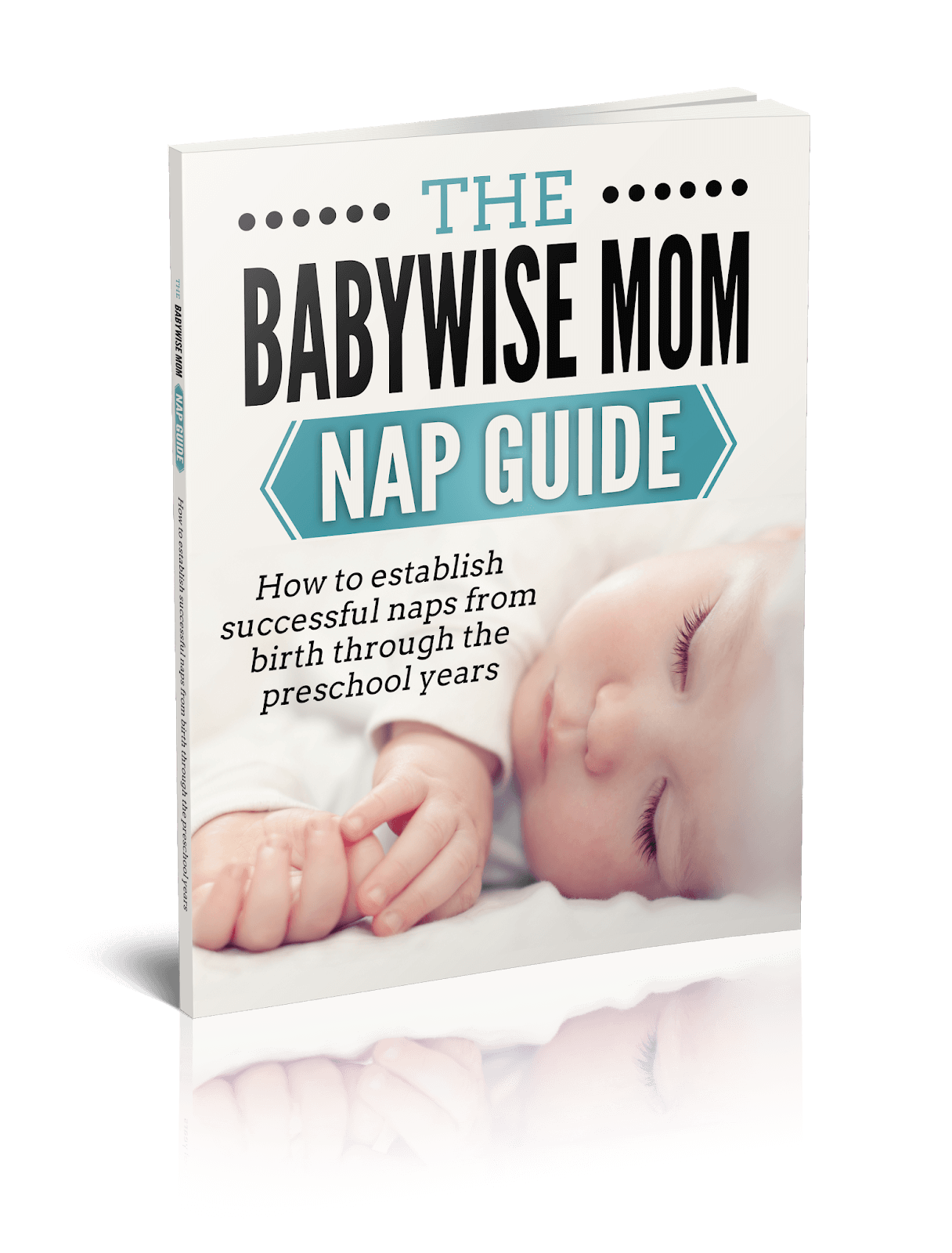Sleep pressure is necessary for a baby to be tired enough to fall asleep and sleep well for naps and for night sleep. Learn what sleep pressure is, how to build sleep pressure in a baby, and how it affects baby’s sleep.

Sleep is a very basic human need. It is also something all of us do each day, so it can be surprising that we parents can have so much trouble with baby sleep.
Some basic knowledge of how sleep really works and how it differs in babies than it does in adults can go a long way toward helping you help your baby sleep well.
One important element to understand is sleep pressure.
Post Contents
- Sleep Pressure Defined
- Sleep Pressure for Babies
- How Sleep Pressure Affects Baby’s Sleep
- How To Give Sleep Pressure to Baby
- Monitor Light Exposure
- Keep Wake Window Length Correct
- Keep Stimulation Levels Appropriate
- Set Up a Good Sleep Environment
- Establish Solid Sleep
- Thank you!
- Frequently Asked Questions
- When does sleep pressure stop for babies?
- When is sleep pressure highest?
- Are night wakings the result of too much daytime sleep?
- What is the 2 3 4 rule for baby sleep?
- Why does baby squirm so much when trying to fall asleep?
- Conclusion
- Related Posts
Sleep Pressure Defined
According to the CDC, sleep pressure is the homeostatic sleep drive that “builds up in our body as our time awake increases.”
This essentially means that the longer you are awake, the more tired you will be.
Sleep Pressure for Babies
So what does sleep pressure mean for babies? While your baby will get more tired the longer she is awake, this does not mean that she will fall asleep easily if you keep her up longer.
Many parents limit daytime naps hoping baby will then sleep longer at night. They might also keep their baby awake longer between naps hoping that the next nap will be longer.
Baby sleep does not work that way.
How Sleep Pressure Affects Baby’s Sleep
Your baby DOES need to be awake long enough before the next nap or bedtime starts.
However, with babies, sleep begets sleep. Your baby needs enough sleep in order to sleep well. Dr. Weissbluth, the author of Healthy Sleep Habits, Happy Child, says it isn’t logical, it is biological.
If you try to keep your baby up too long, it will backfire and your baby will either have a really hard time falling asleep or will take a short nap (or both).
You need to find the right amount of sleep pressure. Sleep pressure affects how well and how long your baby will sleep, so you want to get that wake window correct.

The Babywise Mom Nap Guide eBook helps you establish successful naps from birth through the preschool years. It is a great resource!
How To Give Sleep Pressure to Baby
There are a lot of things you can do as a parent to make sure your baby builds up the correct amount of sleep pressure for great sleep.
Monitor Light Exposure
Light exposure is very important for setting circadian rhythm and the hormone melatonin levels. There are ways to help set your baby’s biological clock.
You want to see the sun as soon after waking for the day as possible.
You also want 30-60 minutes of light each day as much as possible. Many experts recommend some sun exposure around noon each day.
You might also need some room-darkening blinds or curtains. Melatonin “…secretion increases soon after the onset of darkness…” (National Institute of Health).
Essentially light triggers the body to be awake and dark triggers the body to sleep.
Keep Wake Window Length Correct
Getting wake time length correct is one of the most important things to do, if not THE MOST IMPORTANT thing to do, to get your baby to take good naps and sleep well at night.
You want your baby awake long enough that sleep pressure has been able to build so your baby will be tired enough for sleep. But you do not want your baby awake too long so it is hard to fall asleep or stay asleep.
You can keep a baby awake for too long. Overtiredness is a real issue.
Babies typically need less time awake than you will think. This is especially true with newborns. You might find that your newborn will wake up, eat, change the diaper, and go right back down for a nap.
It is important to understand baby sleep cues and also to know the average wake time length for your baby’s age.
I have a lot of help for you to get wake time length correct. Here are a few posts to help you:
- How Long Should a Newborn Be Awake Between Naps
- Optimal Waketime Lengths
- How To Accurately Calculate Baby Wake Time Length
- How to Tell if Baby is Overtired vs. Undertired
Keep Stimulation Levels Appropriate
Another important element to any good sleep schedule is and building enough sleep pressure is to have stimulation levels appropriate.
Just as wake time length is a balance, stimulation levels is a balance. You can have too much and you can have too little.
Younger infants need less physical and mental stimulation than older babies and young toddlers.
Stimulation comes during the “play” portion of your day. This includes the physical activities your baby does. For young babies, this might be as simple as some tummy time.
Make sure you give your baby plenty of time to play and move around on the floor to get some gross motor movement in the day.
It also includes mental stimulation. You want to make sure your baby is challenged mentally. They do this by learning. Babies learn from everything around them! They learn from all 5 senses. Going for a walk can teach your baby a lot.
Talk to your baby, read to your baby, and explain the world to your baby. Have toys that are age-appropriate for your baby. These will push them mentally and physically.
Stimulation levels will affect how long wake windows can be. An oldest child who is home with just mom all day will be able to stay awake longer than they would if that same child was the youngest of 4 with three rowdy siblings making noise all day.
It is easier to overstimulate a baby than undestimulate. Once your baby hits about 8-9 months old, however, be on the lookout for signs your baby needs more stimulation.
>>>Read: How To Calm Your Overstimulated Baby
Set Up a Good Sleep Environment
Your baby will need a quiet, calm environment to sleep well. Some babies also require a dark room for even naps to happen, but some are okay with regular light in the room for sleep.
A sleep environment considers the following:
- Light (are blackout curtains needed?)
- Room temperature
- How baby is dressed
- A crib or bassinet for sleep
- White noise machine
>>>Read: Benefits of White Noise for Baby Sleep
Frequently Asked Questions
Here are some questions people commonly have about sleep pressure.
When does sleep pressure stop for babies?
Sleep pressure never really goes away. Even adults build up sleep pressure. However, solid routines can lead you to rely less on the elements of sleep pressure. As your baby has consistency, an internal clock will develop. You will be able to have set nap time, set bedtime, and set morning wake up time.
>>>Read: When To Have Set Nap Times for Baby
When is sleep pressure highest?
The longer you are awake, the higher sleep pressure gets. Remember, this isn’t necessarily a good thing for a baby. This is not guaranteed to lead to longer stretches of night sleep or longer naps. You can get too high.
Are night wakings the result of too much daytime sleep?
The answer to this is maybe. Maybe your baby isn’t sleeping through the night because there was too much daytime sleep.
But maybe your baby is waking in the night because he is hungry or he is teething. Maybe he is waking in the night because he is too cold. Maybe he needs bedtime moved back just a bit. Maybe you need to adjust your bedtime routine.
If you are struggling with night sleep, read How To Solve Your Baby’s Nighttime Sleep Issues.
What is the 2 3 4 rule for baby sleep?
This is a sleep routine that recommends baby be awake for 2 hours, then nap, be awake for 3 hours, then nap, then be awake for 4 hours, then bedtime.
This can work for some babies, but most babies really can’t be awake longer than 2 hours between their two naps. They can have a longer awake time before bedtime.
Why does baby squirm so much when trying to fall asleep?
The answer to this depends on how old your baby is. Young infant sleep is very restless looking and sounding. Newborns are noisy and move a lot. As your baby gets older, your baby will sleep more peacefully.
If you have an older baby who is moving a lot, your baby might be awake too long before nap or could be having gas or some other pain.
Conclusion
Understanding sleep pressure can help you do what is needed to help your baby sleep well. It can also help you quickly solve sleep problems as they arise. Be aware of your baby’s needs and adjust your day accordingly.
Related Posts
- Sleep Facts to Understand for Successful Baby Sleep
- Healthy Baby Sleep Elements and Developments
- Sleep Regressions: Causes, Ages, and What to Do
- How to Finally Stop the 45 Minute Intruder
- Sleep Routine Ideas to Get Your Baby Sleeping Well
- The Complete Guide to Troubleshooting Short Baby Naps


